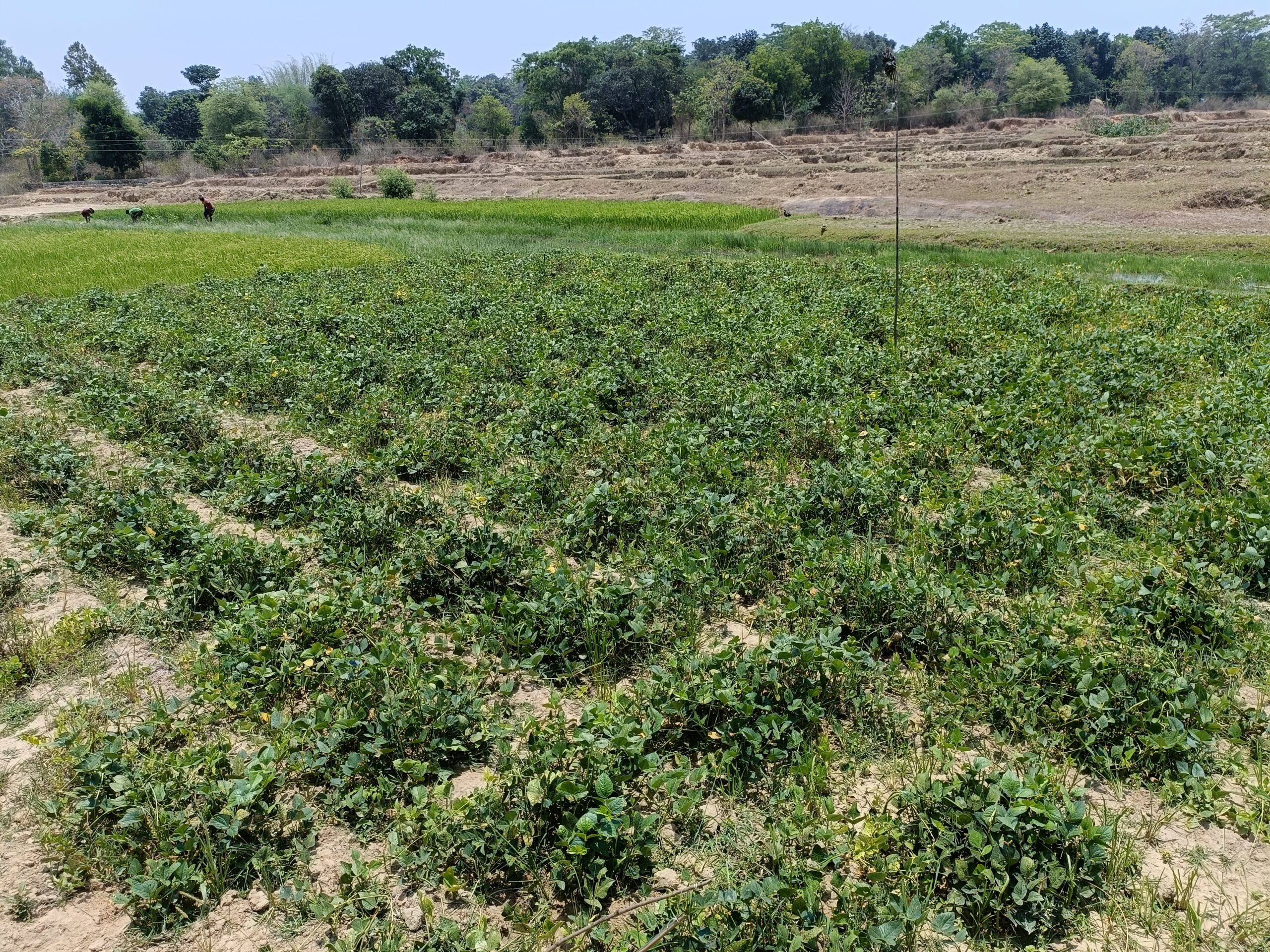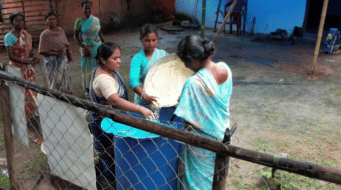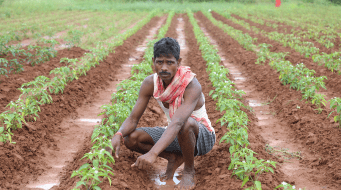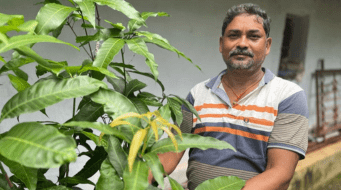FPO in Jharkhand boosts income and gets rid of middlemen
The villages in the Murhu block of Jharkhand are mainly occupied by members of the Munda tribe. Traditionally, these small landholding farmers cultivate paddy and lac—a natural resin secreted by the lac insect. However, in recent years they have also adapted to the cultivation of tomatoes, watermelon and potatoes. For small and marginal farmers, like those in Murhu, getting a fair price for their produce has always been a challenge.
Following the Agricultural Produce Marketing Corporation (APMC) act of 1963, farmers sell their produce to licensed wholesale traders at nearby mandis or agriculture markets. This, in turn, gave rise to a long chain of intermediaries. The cartels of these middlemen obtain the farm produce at low prices and later sell them at considerably higher rates to the next person in the chain. Thus, in the process, the poor farmer ends up receiving only a small part of the final price paid by the consumers.
To tackle this problem, WOTR helped the villagers of Murhu to register the Birsa Farmers Producer Company in 2016, with the support of the Producers’ Organization Development and Upliftment Corpus (PRODUCE) of the National Bank for Agriculture and Rural Development (NABARD). Ten members were elected to the board of directors of the company, while the membership was opened to local farmers after paying a token amount of Rs.500.
The producer company would procure lac from individual farmers at the market price. This collected raw lac, which is estimated to be 30 tonnes for the ongoing season, would then be processed collectively at the company’s processing unit in Murhu block. Following this, it would be sold directly to an industrial or a wholesale buyer at a relatively better price. In the future, a similar model will be planned for the sale of paddy crops.
Moreover, the company has also set up an input-procurement shop in Bamni village to sell seeds, fertilizers, pesticides, and animal feed. These are bought at a wholesale price from the nearest city i.e. Ranchi and are made available to the villagers at a shop in Bamni that is collectively managed by all the members.
Notably, the farmers are already benefiting from the shop, informs Vipin Kumar Singh, the chief executive officer of the company. He explains, “The market price for tomato seeds ranges from Rs. 400 to Rs. 600 per 10 grams. However, the company buys them at a wholesale price of say Rs. 360 per 10 grams, and sells to the members at Rs. 390. The non-member customers can buy the same at Rs. 396. This earns the organization a profit of approximately 8-10 percent, and also helps farmers save some money.”
Currently, the earnings from the shop are being used to support the operational costs which include buying stocks, logistics costs, and the salary of the shopkeeper. However, after break-even is achieved, the profits will be distributed among the members of the company.

Till date, the input procurement shop has made a turnover of about Rs. 0.4 million. Estimates suggest that the company would be able to achieve breakeven by early 2018. Moreover, the initiative that started with 51 members has now grown to 325 members. These numbers by themselves speak for the success and impact of the initiative. It has not just helped the farmers to efficiently deal with the cartels of middlemen but has also supplemented their livelihoods with an additional source of income.
Most importantly, the initiative has helped the tribal community to establish a link with the larger market across the country while strengthening trust among the community members.





